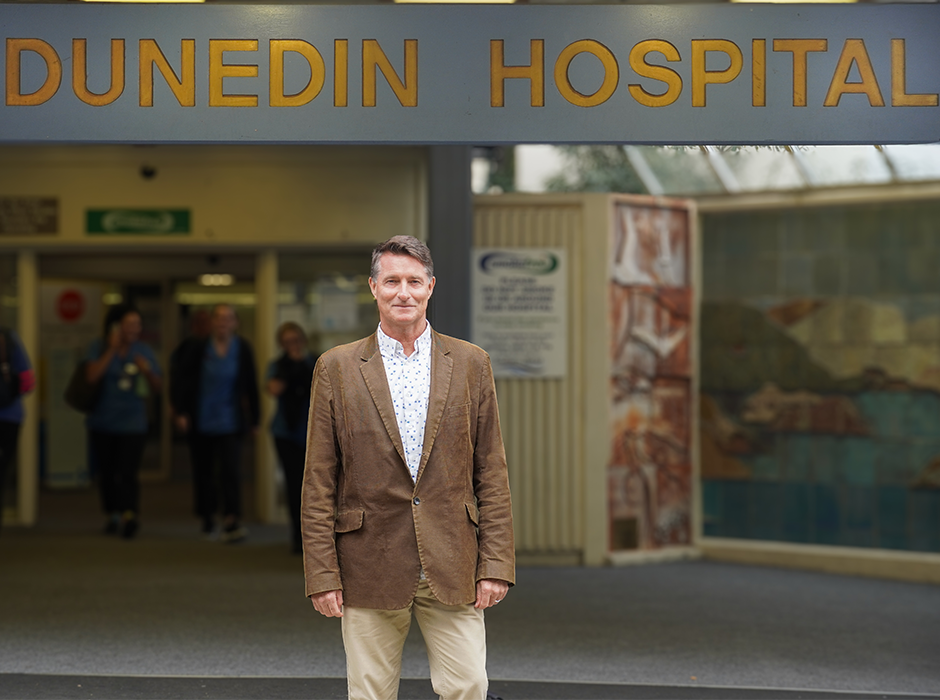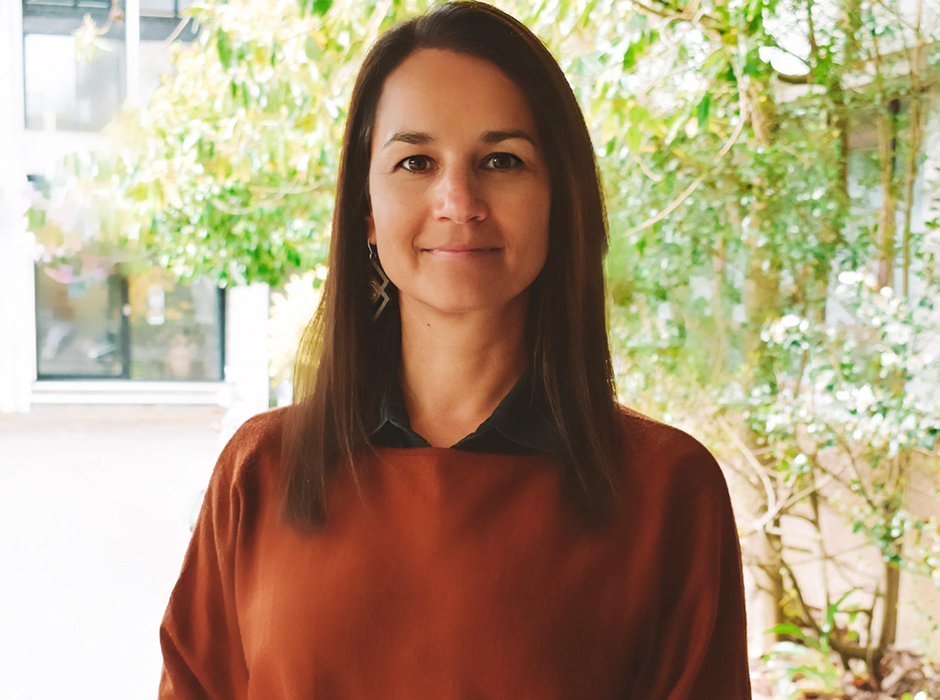
Associate Professor Richard Egan says everyone in a healthcare setting deserves to have their spiritual needs met.
Spirituality in healthcare is “coming of age”, says the Otago researcher co-leading an innovative study on the subject.
Associate Professor Richard Egan is the co-lead of an upcoming bicultural study which aims to create a national action plan for spiritual care in the health system, in what is believed to be a first for Aotearoa New Zealand.
There have been more than 70,000 peer-reviewed publications internationally on spirituality/religion in healthcare and the field continues to grow, he says.
“The evidence base is growing, and that evidence suggests that looking after spiritual wellbeing impacts positively on the wellbeing of patients and their whānau. Research shows 69 per cent of people have spiritual needs when they have a serious illness.”
Associate Professor Egan, from the Department of Preventive and Social Medicine, Dunedin School of Medicine, and co-lead Associate Professor Natasha Tassell-Matamua from Massey University, received almost $1.4 million for their project in the Health Research Council’s December funding round.
“I’ve been working in this field for almost 25 years and this is the first time I’ve received a large grant, so it feels like people are saying the time has come, that it’s important we know more about this and how to improve things,” he says.
The funding will enable the team, comprised of eight researchers and kaumātua, to learn more about the current state of spiritual care in healthcare in this country and people’s needs and aspirations, and create a plan to improve spiritual care for all those in the health system.

Associate Professor Natasha Tassell-Matamua
Research suggests that for many Māori, wairua or spirituality is considered the most essential requirement for health. Yet many Māori experience the existing healthcare system as alienating, with poor health outcomes.
“Our research will directly address this concern by prioritising spirituality as an essential component of holistic wellbeing, thereby elevating the importance of wairuatanga as part of healthcare practice.
“We’ll be asking what spiritual care looks like in the 21st century in a bicultural, multicultural, multi-faith and no-faith Aotearoa New Zealand.”
The three-year project has three phases. Phase one, the whanaungatanga phase, will build relationships with communities and start a national conversation about spiritual care through 10 wānanga and 10 virtual hui.
Phase two involves mapping the spiritual care environment through qualitative and quantitative studies. A wide range of people will be surveyed, including healthcare professionals, chaplains working in places such as hospitals and rest homes, Māori communities, and organisations such as Te Whatu Ora and the Ministry of Health.
Phase three is a national hui to co-design evidence-informed recommendations and an action plan to transform spiritual care in Aotearoa New Zealand.
Associate Professor Egan emphasises that chaplains and other spiritual care experts are currently engaged in valuable work. However, he highlights that "this project aims to better understand and improve spiritual care in an evolving landscape".
Depending on the findings, this may include bolstering policy, resources, capacity and training for specialists in this field, such as chaplains and spiritual care experts, as well as for healthcare generalists like doctors, nurses and physiotherapists.
When teaching medical students, he explains that the spiritual aspects of care need to be patient-led.
“It’s about affirming the holistic view of health and medicine. The meeting of spiritual needs is a right for everyone.”
- Kōrero by Andrea Jones, Team Leader, Divisional Communications